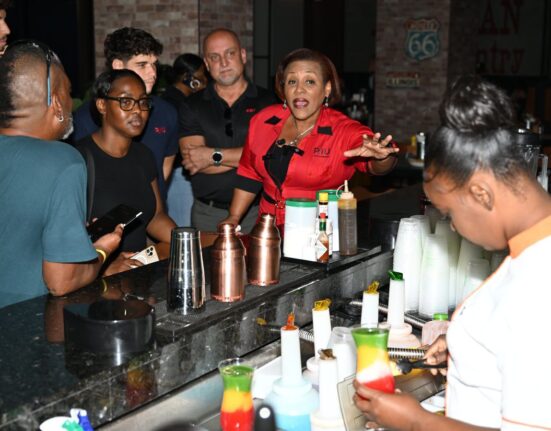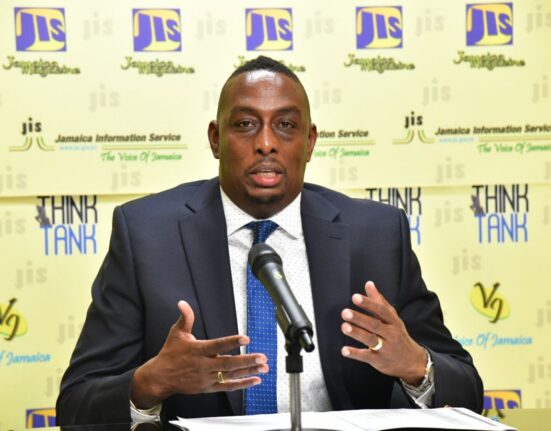
Jamaicans will no longer be required to pay tuition or administrative fees for HEART-NSTA Trust programmes up to level four (associate degree), says Prime Minister Andrew Holness.
The move will become effective April 1, 2023.
“This will allow for access to vocational training for all Jamaicans, regardless of economic status. This will be a game changer for poor, underserved youth, who see fees as an obstacle for participation in formal training,” Holness said.
The prime minister was making his 2023/24 Budget Debate contribution, under the theme: ‘From Vision to Reality: Nurturing the SEEDS of Peace, Opportunity and Prosperity’, in the House of Representatives on Thursday (March 16).
Waiving the fees is in keeping with the Government’s mandate to increase the provision of trained labour for industry.
“For the first time in our history, Jamaica is approaching full employment with an unemployment rate in the region of six per cent. At this level of employment, there will be labour shortages, which will impact business operations and output,” Holness pointed out.
He noted that there are approximately 739,000 Jamaicans outside the labour force, of which approximately 150,000 are unattached youth who are not actively seeking employment.
“The policy objective now, must be to get more Jamaicans into the labour force with work ready attitudes and requisite skills at all levels,” the prime minister said.
The Trust has also been directed to modernise its offerings to better respond to global trends relating to automation, smart manufacturing, artificial intelligence, and high-value services.
Holness said the agency continues to develop Centres of Excellence and Science, Technology, Engineering, Arts and Mathematics (STEAM) labs at several of its institutions.
He noted that the HEART College of Construction will host a Centre of Excellence focusing on welding and industrial automation, and the Ebony Park Academy will host a similar facility with a focus on soil testing and tissue culture.
“The HEART College of Innovation and Technology will focus on Information Security, Mobile Application Development and Mobile Robotics,” Holness also informed.
Additionally, Optoelectronics, Mechatronics, Robotics, Programme Logic Control, Geomatics and Geospatial Services, Industrial Electronics and Renewable Energy will be offered through vocational training at the Southwest Technical and Vocational Education and Training (TVET) Institute in St Elizabeth.
Meanwhile, the National Tools and Engineering Institute has established a STEAM Lab, which focuses on training in renewable energy.
“Additional labs [will] come, which will offer training in instrumentation, electro-hydraulic, pneumatic, electro motor controls and Computer Numerical Control (CNC) programming,” the prime minister said.
In the current fiscal year, 133, 577 trainees enrolled in courses. Approximately 50,632 obtained certification, which is an increase of 48 per cent compared to 2021/22.





